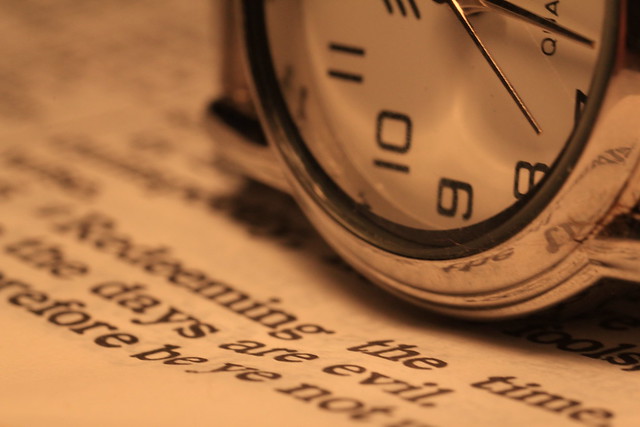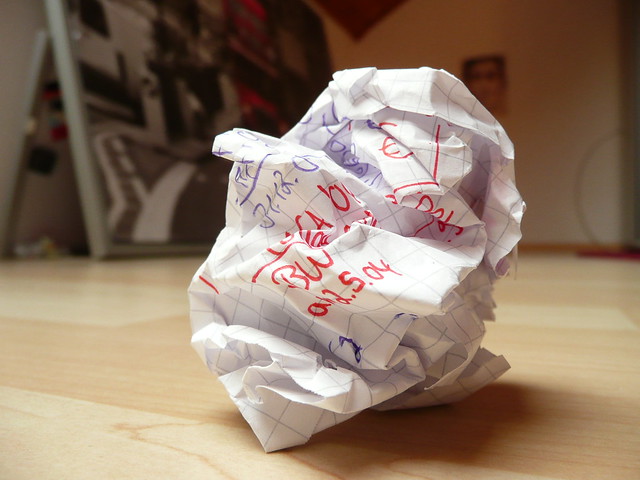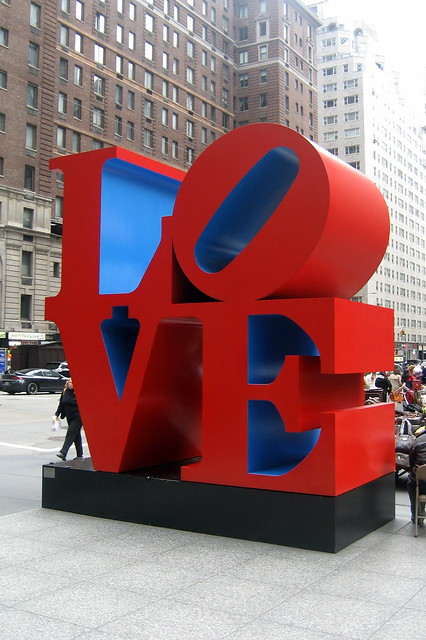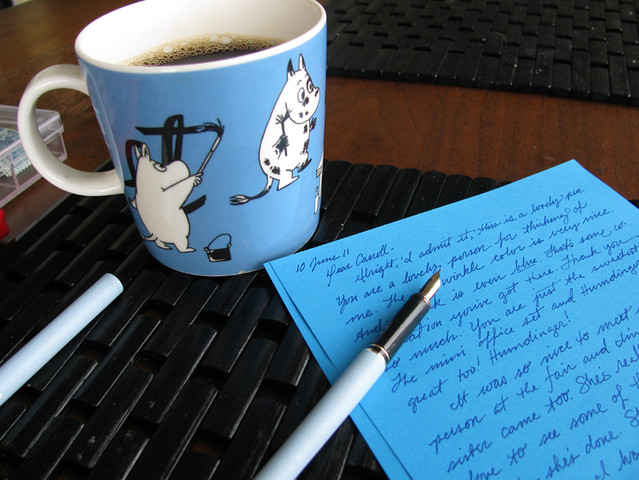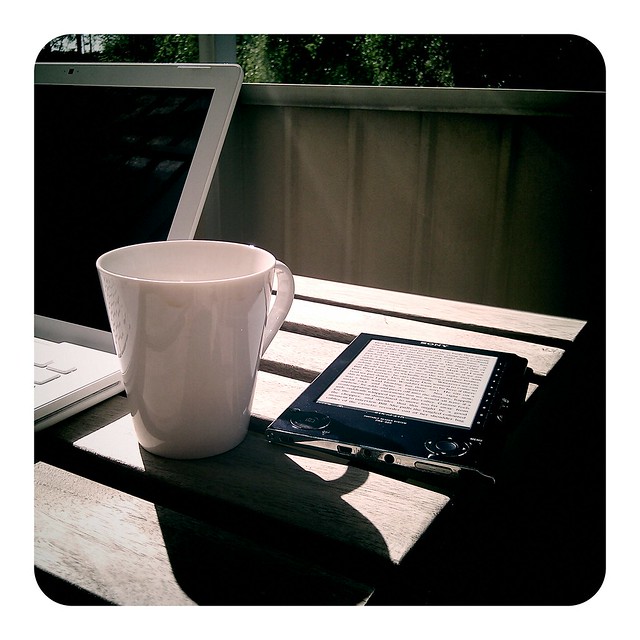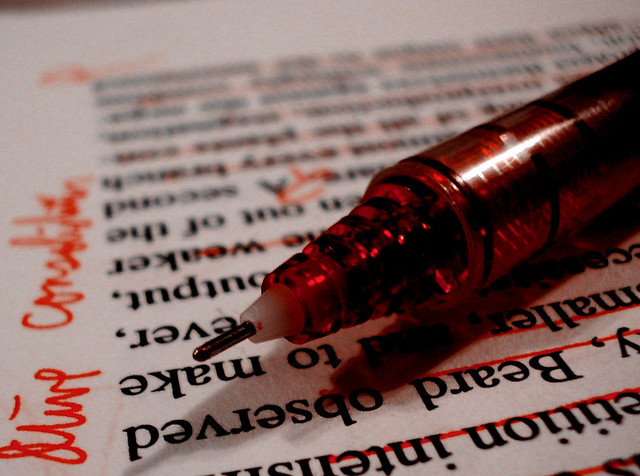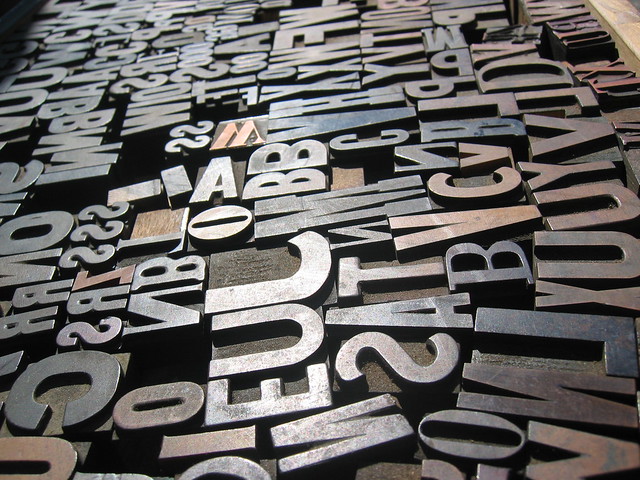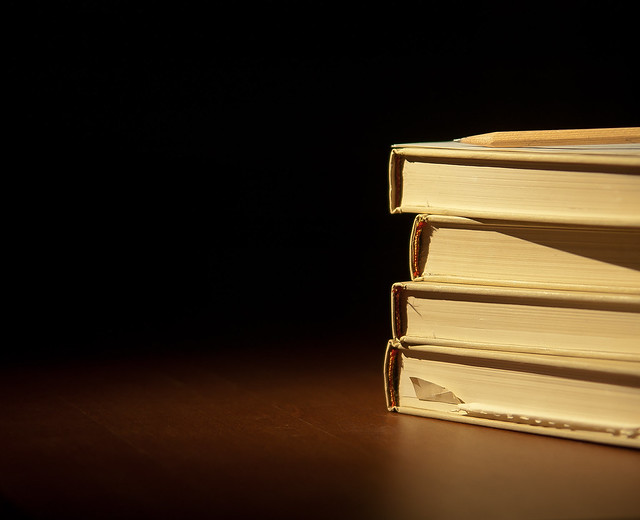As far as reading goes, this month has been pretty
excellent. It has also been a month of sequels.
 |
| Photo credit: Goodreads |
I mentioned I was reading The Iron Fey series by Julie Kagawa last month, and as I’ve
continued the series, I’ve been pleasantly surprised. The Iron King (the first book) was a
good read, The Iron Daughter was interesting, but The Iron Queen simply blew my
expectations out of the water and became my favorite of the series thus far. I’m
now currently reading The Iron
Knight, which has been different from the previous three in many
obvious ways (such as a complete change in POV), but has been so far equally
good, in my opinion.
As far as the series goes, what I said last month stands: the
series is definitely targeted towards the female half of the population, with
swoon-worthy characters, a couple love triangles and pretty eyes, and although
there were a couple things that bugged me along the way (i.e.: a certain female
protagonist who is lost without her man), the series certainly never gets
boring, the characters are memorable and the faery world Kagawa created is just
fantastic.
Now, the spaceships—or rather, spaceship.
I read and reviewed Across the Universe by Beth Revis in
this post way back when, and as I thoroughly enjoyed it, I’d been waiting
quite eagerly for the sequel, A Million Suns.
 |
| Photo credit: Goodreads |
Well. Before I go any further, I’ll share with you the
Goodreads summary:
Godspeed was once fueled by lies. Now it is ruled by chaos. It’s been three months. In that time, Amy has learned to hide who she is. Elder is trying to be the leader he’s always wanted to be. But as the ship gets more and more out of control, only one thing is certain: They have to get off the ship.
I’m not even sure where to start, because A Million Suns was simply amazing—so
amazing, that I’ve told more than a few people that it’s one of the best
sequels I’ve read thus far.
I think what I loved most about it was that it doesn’t read
like a sequel—it was full of action, intrigue, slam-your-head-against-the-wall
moments and mystery—can’t forget the mystery. The characters make mistakes, the
love interest is far from perfect and with every solution, two more problems crops
up until the climax.
In short, A Million
Suns was a fantastic read and if you’ve read Across the Universe, you have to pick up the sequel. If you haven’t
read Across the Universe I suggest
that you give it a try.








